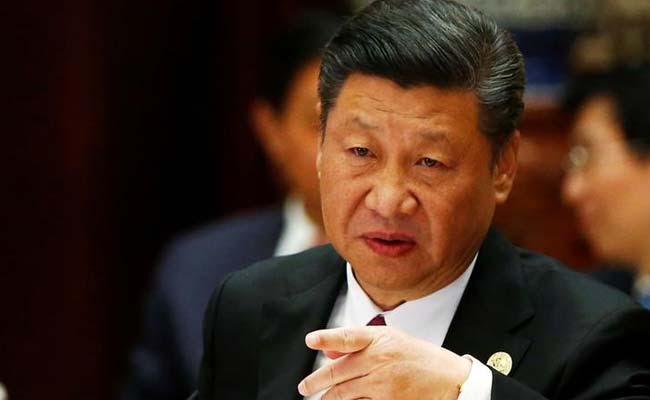)
The Tibetan government-in-exile on Friday asked China to "stop growling" over the Tibet issue and said if it is serious about the wellbeing of Tibetan people and then it should act positively to resolve the conflict through dialogue.
This comes as media reports stated that the Chinese Embassy in Delhi expressed 'concern' over the participation of Indian Members of Parliament in an event hosted by the Tibetan Parliament-in-exile in the national capital. Reports said several MPs, across party lines, had attended the event last week in Delhi.
Taking to Twitter, Tenzin Lekshay, the spokesperson of the Tibetan government-in-exile, slammed China, saying that "India's constant solidarity for Tibet makes China uneasy."
"As for the All Party Indian Parliamentary Forum for Tibet, it was initiated by Shri MC Chagla in 1970 and now chaired by BJD MP Sujeet Kumar. Many great Indian leaders supported Tibet in the past, & many more supports now," he said in a tweet.
India's constant solidarity for Tibet makes China uneasiness. As for the All Party Indian Parliamentary Forum for Tibet, it was initiated by Shri MC Chagla in 1970 & now chaired by @SujeetKOfficial. Many great Indian leaders supported Tibet in the past, & many more supports now.
— Tenzin Lekshay (@CTASpokesperson) December 31, 2021
While rebuking Beijing, the spokesperson said "China must stop growling here and there all the time."
"If they are serious about the wellbeing of Tibet and Tibetan people, time has come for them to act positively to resolve the Sino-Tibetan conflict through dialogue," he added.
Moreover, the spokesperson added Tibet issue is "certainly not an internal issue" of China. "Whatever happens in Tibet is a serious matter of concerns for all the people around the world," he said.
"China calling out Central Tibetan Administration as a separatist political group will not help resolve the Sino-Tibetan Conflict. It is well known that Middle Way Policy is not about separation rather it aspires for genuine autonomy within the framework of the Chinese Constitution," Lekshay said.
The 1959 Tibetan uprising saw violent clashes between Tibetan residents and Chinese forces. The 14th Dalai Lama fled to India after the failed uprising against Chinese rule. The Dalai Lama, the supreme Tibetan Buddhist leader, established a government-in-exile in India.
Since becoming China's President in 2013, Xi Jinping pursued an aggressive policy on Tibet and reports of human rights violations have repeatedly surfaced.
Track Latest News Live on NDTV.com and get news updates from India and around the world

